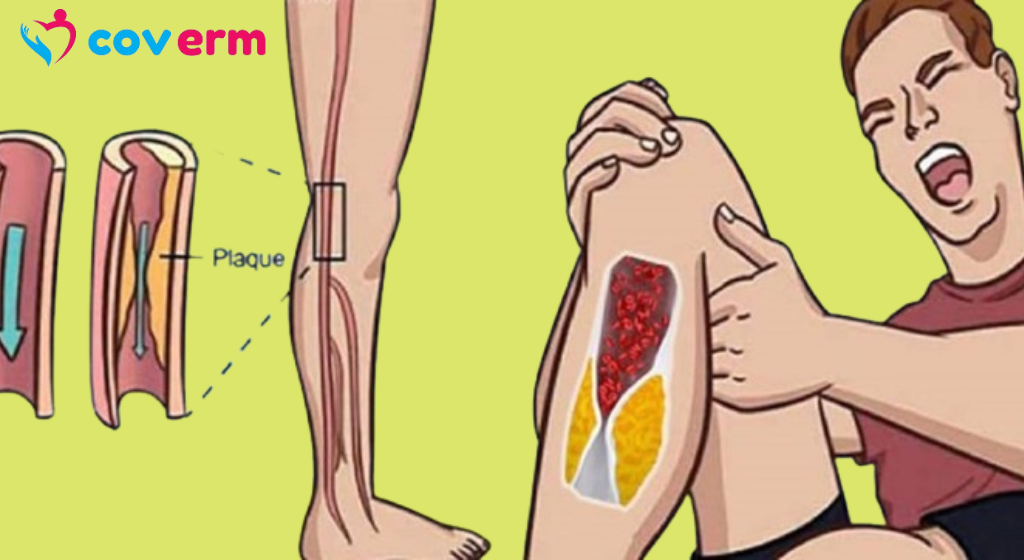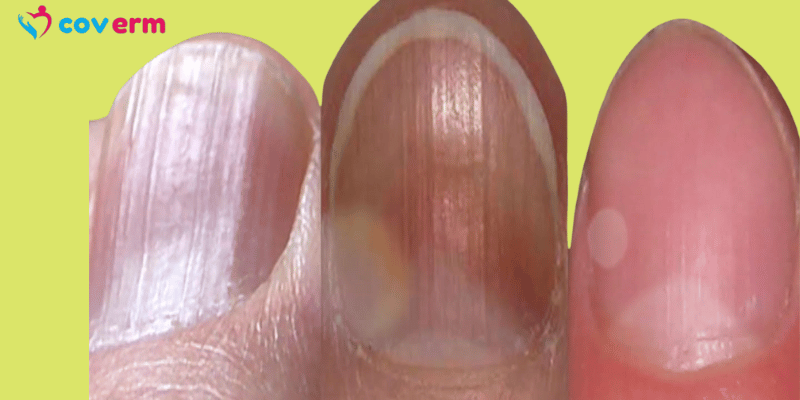Here Are 7 Warning Signs You Have Blocked Arteries
Clogged arteries, also known as atherosclerosis, can pose significant health risks if left untreated. Understanding the symptoms, causes, and preventive measures is essential to effectively manage this condition.
Symptoms of clogged arteries:
General symptoms:
Chest pain (angina)
Excessive sweating
Fatigue and exhaustion
shortness of breath
Heart palpitations
nausea
lower back pain
Erection problems in men
Stroke or heart attack
Symptoms before a stroke:
Stuttering or difficulty speaking
Loss of vision in one eye
Symptoms in peripheral artery disease:
- Pain in the feet, especially while walking
Gangrene
Slow wound healing
Ulcers in the feet
Chest tightness, burning, or pain
Coldness in the feet
Pain in the shoulder or arm
Dizziness and excessive sweating
Jaw pain in women
Diagnosis of clogged arteries:
Various diagnostic methods may be used, including cholesterol screening, chest X-ray, CT scan, ultrasound, cardiac stress tests, electrocardiogram, magnetic resonance imaging (MRI), CT angiography, and angiography.
Causes and risk factors:
Clogged arteries are caused by the accumulation of fat, cholesterol, and calcifications on the inner walls of blood vessels. Risk factors include:
Diabetes or pre-diabetes
Hypertension
Smoking
anxiety
obesity
Genetics
A stable lifestyle
Bad feed
Complications and risks:
Untreated clogged arteries can lead to various heart diseases, high blood pressure, blood clots, and even death.
Preventative measurements:
Follow a healthy diet low in bad cholesterol.
Quit smoking and avoid shisha.
Take prescribed medications and have regular checkups.
Exercise regularly and maintain a healthy weight.
Taking proactive steps to address risk factors and adopt a healthy lifestyle can significantly reduce the likelihood of developing clogged arteries and alleviate associated complications. If you experience symptoms, immediate medical attention is critical for proper diagnosis and treatment.



